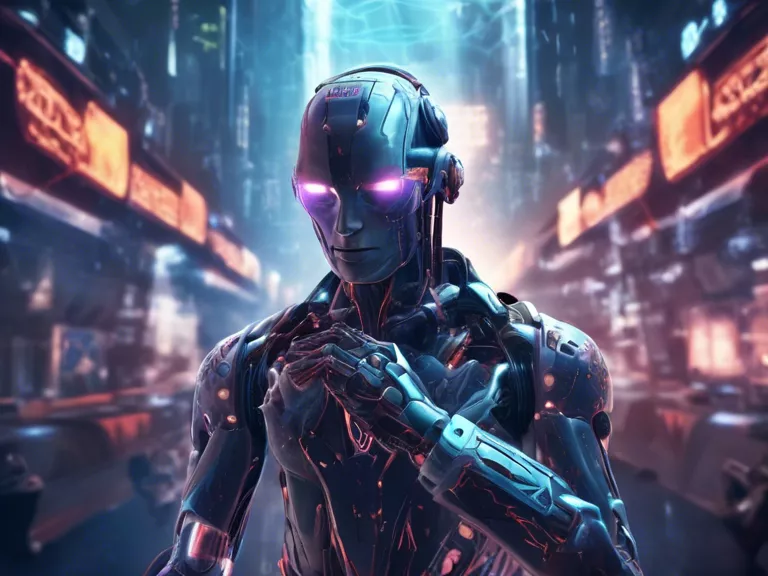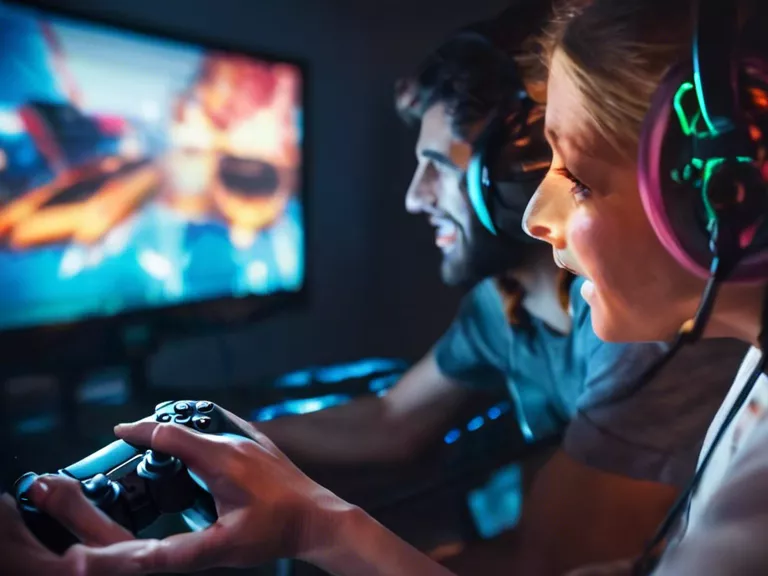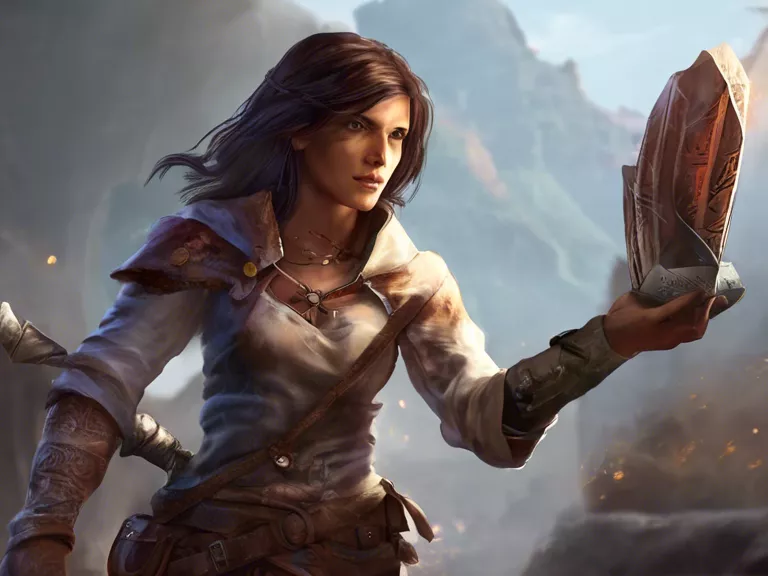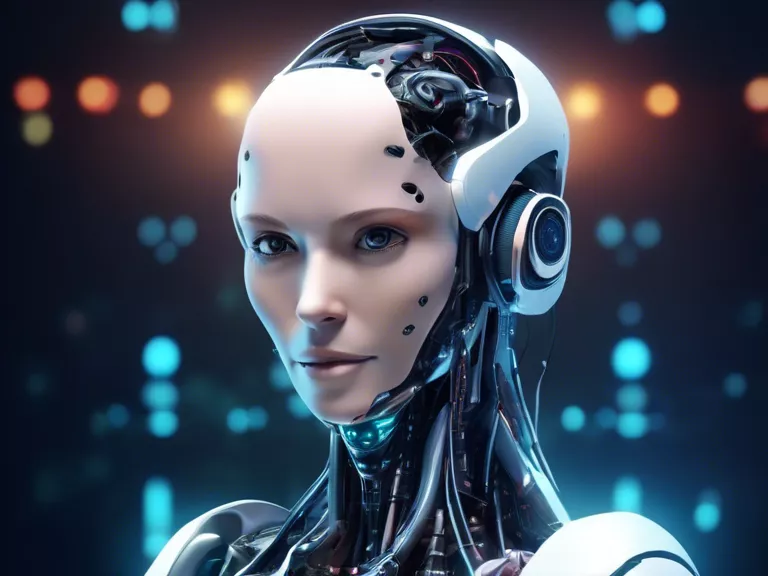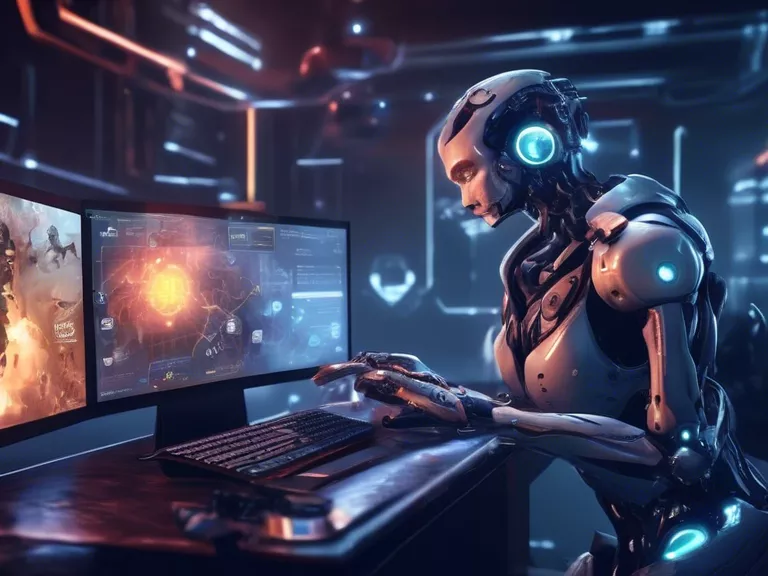
Artificial intelligence (AI) has revolutionized the gaming industry by allowing developers to create more immersive and challenging gaming experiences. One of the areas where AI has had a significant impact is in developing real-time adaptive game difficulty. In this article, we will explore the ways in which AI is being used to adjust game difficulty on-the-fly, providing a more tailored experience for players.
Traditionally, game difficulty levels were set by developers based on their own assessments of how challenging a game should be. However, this approach often led to frustration for players who found the game either too easy or too difficult. With the use of AI, developers can now create games that adjust the difficulty level in real-time based on a player's skills, progress, and preferences.
One common technique used in real-time adaptive game difficulty is dynamic difficulty adjustment (DDA). DDA algorithms analyze a player's performance, such as how often they die or how quickly they complete a level, and then make adjustments to the game difficulty accordingly. For example, if a player is struggling with a particular boss fight, the AI may reduce the boss's health or make its attacks less frequent to give the player a better chance of success.
Another approach is procedural content generation, where AI algorithms create levels and challenges on-the-fly based on a player's skill level. This ensures that the game remains challenging and engaging, even for experienced players who may have mastered traditional level designs.
Overall, the use of AI in developing real-time adaptive game difficulty has had a positive impact on the gaming industry. Players can now enjoy more personalized and engaging gaming experiences, while developers have the tools to create games that are accessible to a wider range of players. As AI continues to advance, we can expect to see even more sophisticated and nuanced approaches to adaptive game difficulty in the future.
